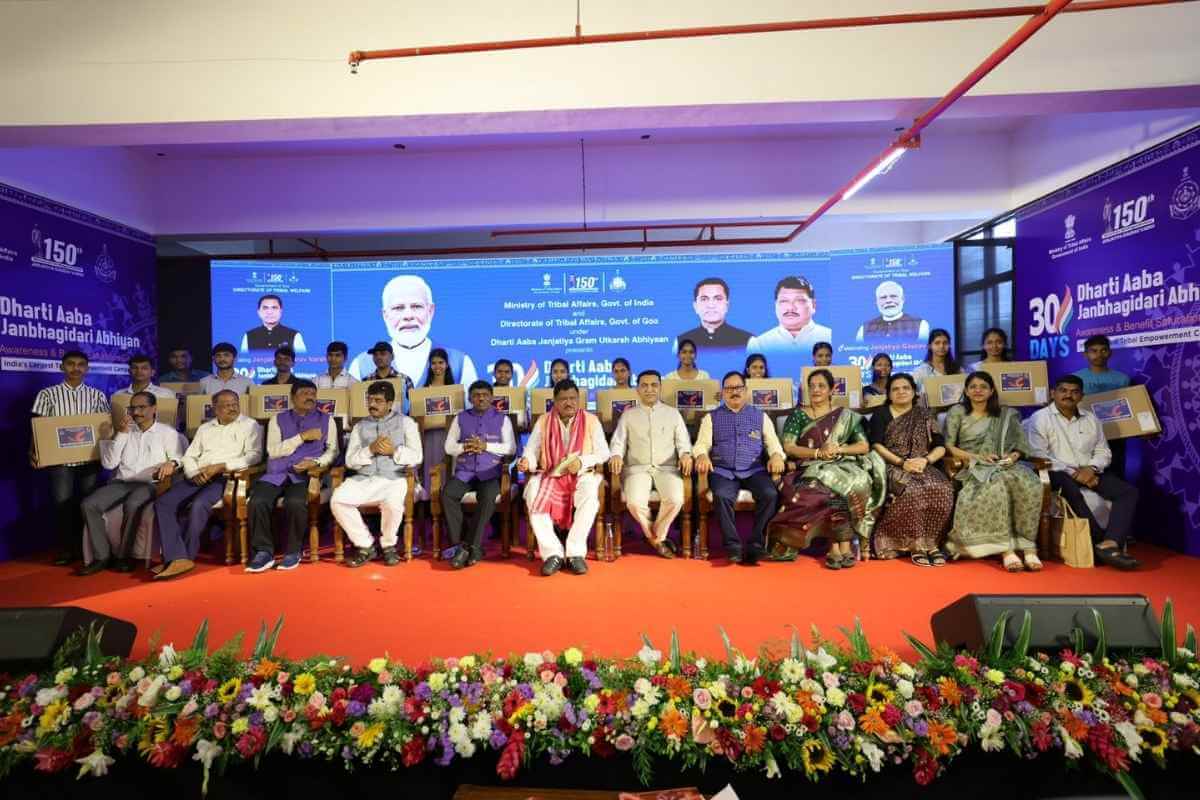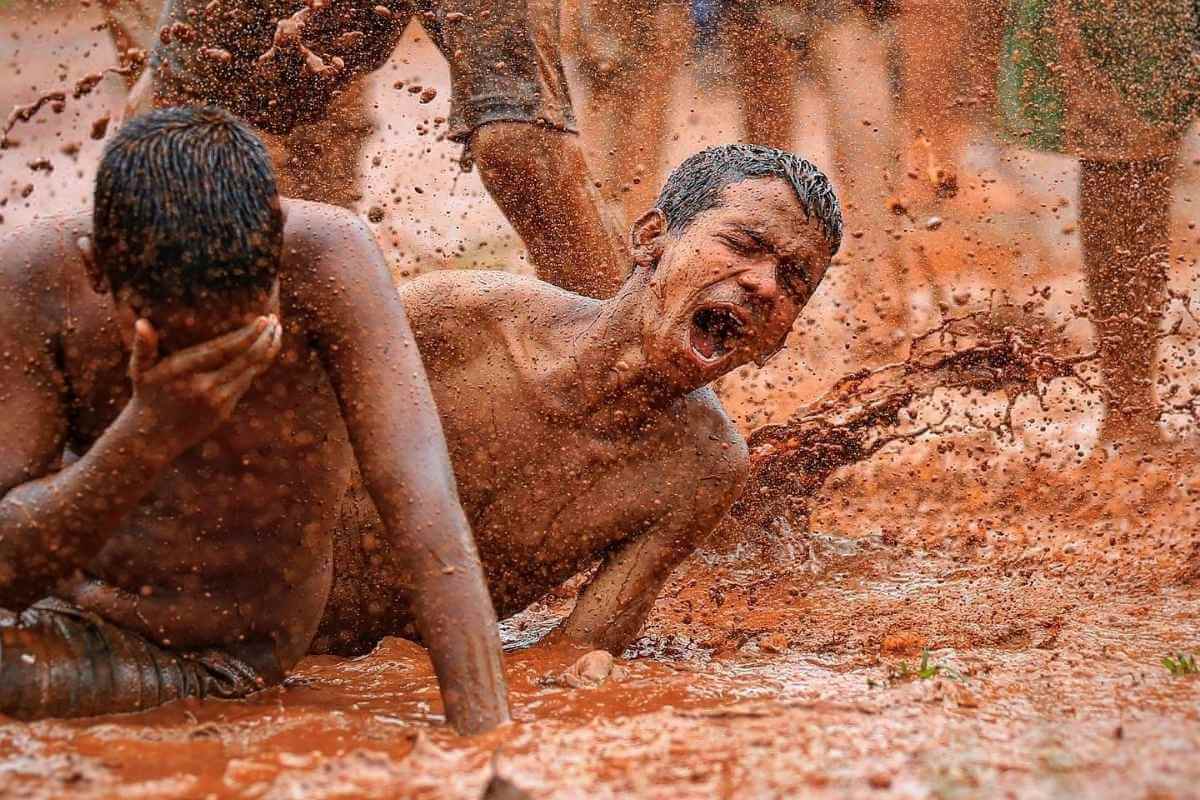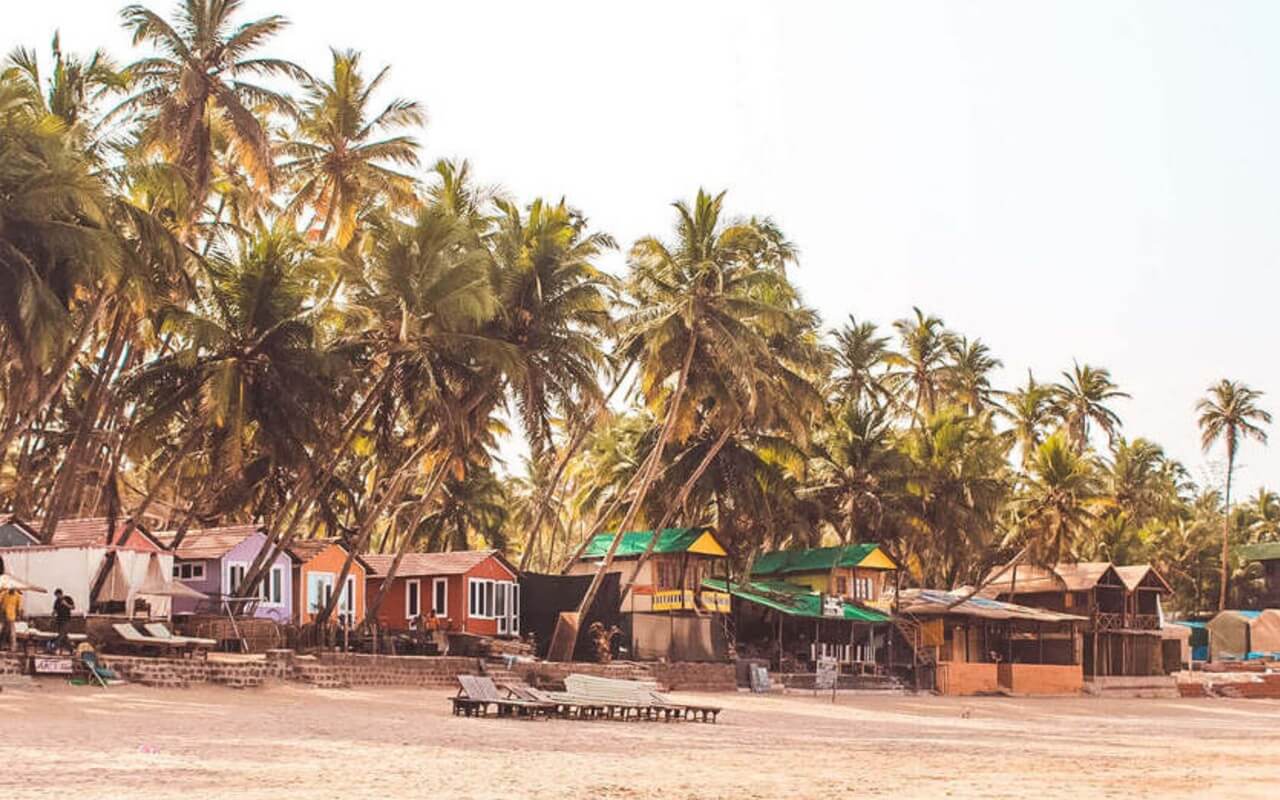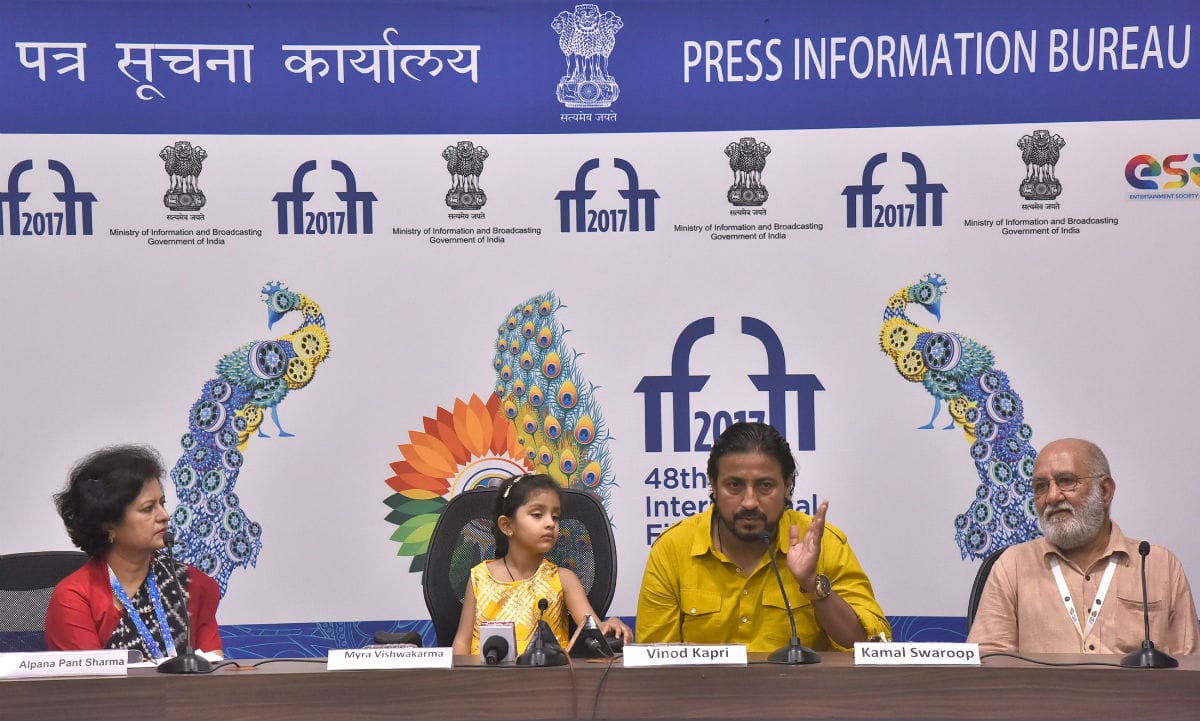The hippie culture began in the Goa during the late 60s and continued to through early 80s started fading in the early 90s and it is now on the verge of vanishing completely from Goa. The Hippie tourism gave Goa an image of paradise where foreigners would dwell freely and fearlessly, roam around any part of the state without the fear of getting robbed or raped. But that paradise has died its slow death and new commercial tourism became the trend of the day.
Goa is the only place in India where foreigners loved to spend the quality time, the trend started by the Hippies turned Goa into the premier tourism destination for the foreigners. The foreigners would look at Goa as a paradise and that shows in the early 80s tourism trend in the state. But the rampant commercialization of the tourism sector shied away from the foreigners in a due course of time and today we have more commercial tourists coming down to Goa to do the business here.
The hippie world of Goa is something that takes everybody’s attention. The laidback attitude, colorful clothes and white tourist smoking pot and dancing around the fire is a sight that one would not want to miss. Their lifestyle is something that draws people in. Goa is a breeding ground of the hipsters.
Although Goa has been commercialized, the hippie culture still breathes around the beaches of Anjuna, Vagator, and Morjim. This offbeat culture has a very interesting story to it and this story has caused a whole new movement that has inspired millions of people worldwide. As history goes…
It all started with a man named Yertward Mazamanian a.k.a eight finger Eddie. He was the first hippie to settle in Goa and credited as the man behind the hippie movement. This Armenian descent hippie arrived in Goa in the late 60s and lived for a brief period in Colva. He soon moved to Anjuna as the beauty of that place lured him. He never considered himself a hippie. Instead, he called himself a freak who landed in Goa and liked it so much that he wanted to stay.
He had a transition from being a regular Church-goer and an honors student working in General Electric Company to getting fired and developing a disregard for routine wage work. In his memoirs he stated “I abhor work, begrudging every moment I’ve wasted as a wage earner. My aim in life is to get through life doing what I want to do.” This gave birth to Eddie who is now referred to as the ‘King of hippies’. He traveled around Nepal, Kathmandu to finally arrive in Goa. He opened a soup kitchen in Anjuna where he sheltered and fed the European travelers venturing into Goa. He stated “In those days, they came overland from Europe in camper vans and no one had any money” He understood the financial situation of travelers at that time and found a house in Anjuna that he offered as a shelter to the tourists free of cost.
 The locals, however, were okay with these hippies living around. They watched them as they performed the yogic exercise, played music, smoked pot and wore bright colorful clothes. Local writer, Dominic Fernandes commented saying “They were in love with this place. And we fell in love with them, because of the way they lived.”
The locals, however, were okay with these hippies living around. They watched them as they performed the yogic exercise, played music, smoked pot and wore bright colorful clothes. Local writer, Dominic Fernandes commented saying “They were in love with this place. And we fell in love with them, because of the way they lived.”
The most probable reason for this movement to gain acceleration was the destination and the local tolerance. Goa is a world of its own. Hippies around the world got attracted to this state due to its cultural tolerance, spiritual atmosphere and the serene tropical nature. Their simple lifestyle of doing nothing but partying, smoking and in search of salvation was somehow fascinating. Goa is the most of Christian of all states in the country was aware of the European lifestyle and was used to it due to the Portuguese influence. These hippies found solace among the beaches of Goa and were free from the barriers of conservative morals of the society.
This Hippie movement has witnessed quite a lot of changes in recent decades. The psychedelic rock was replaced by EDM trance; the hashish was replaced by opium and heroin from North India. The simple parties around a bonfire in the night turned into full-moon parties with drinks and synthetic music. Responding to this, Eddie stated in an interview “Some people say it’s not like it used to be and it’s not. But I like it here now. I like the parties. And I like the music. It’s good to dance to.”
The hippie culture gave a powerful push to the tourism industry and made Goa popular worldwide. The commercialization of Goa began with luxury hotels, casinos, and resorts. The back-packing tourism is also inspired by this culture. The place came to be known for drugs, alcohol, and parties. The locals soon revolted against these trends as they caused an increase in drug addicts and death caused by overdose.
 The hippies still live in small groups and often gather around the beaches to celebrate life. They organize flea markets which are another important sight for the locals. They hand over their unwanted possessions at low cost and sometimes even for free. They are mainly located in the North Goa and are still living the modern hippie lifestyle. Their relaxed approach to religion, food, fashion, music and whole together as what we call life, still continues to inspire many people around the world.
The hippies still live in small groups and often gather around the beaches to celebrate life. They organize flea markets which are another important sight for the locals. They hand over their unwanted possessions at low cost and sometimes even for free. They are mainly located in the North Goa and are still living the modern hippie lifestyle. Their relaxed approach to religion, food, fashion, music and whole together as what we call life, still continues to inspire many people around the world.
Image sources: Tripodo | ThePlaidZebra




























3 thoughts on “Hippie Culture almost on the verge of vanishing from Goa due to high level of commercialisation in the Tourism sector”
Lost paradise…..
Very interesting. But hipsterism has nothing to do with hippies. Hipsters seem to be just to eb about contended consumerism.Hippies were a rejection of consumerism and materialism. As someone who’s been going to Chapora-Anjuna since ’94, I can tell you that the hipsters who live round me in East London would not want the Gian hippy vibe.
I still go to Anjuna ever year or so, but only off season. It’s nicest at the end of monsoon when it’s lush and green, it means I can spend timewith my Indian friends and best of all, there are no other goras about, as they new backpackers aren’t like the ones when I started. Westernculture has changed, and changed for the worse, as explemlified by the hipies and their free raver descendants being replaced by hipster idiots.
But thanks, Goa. Peace. Jai Hind.